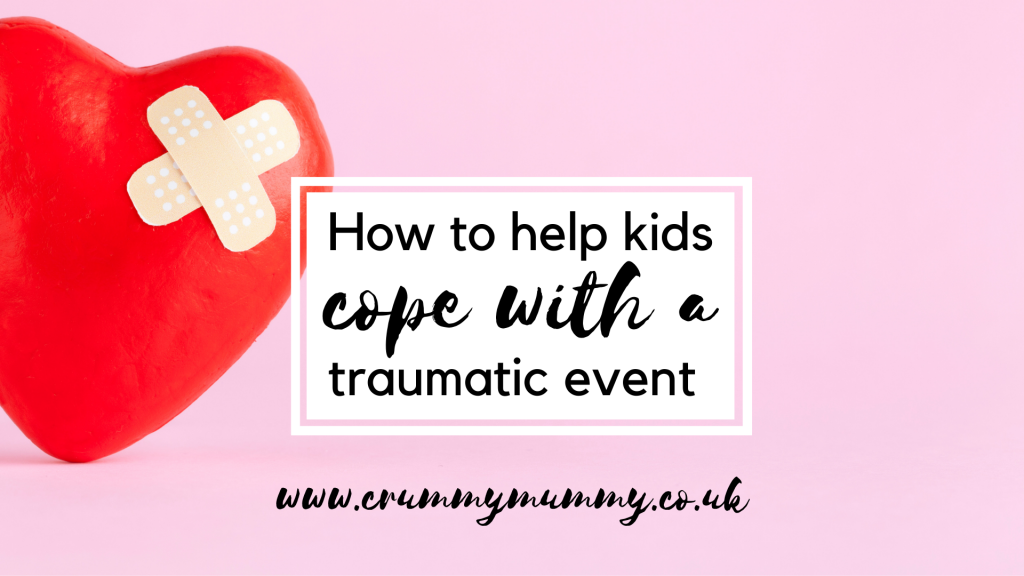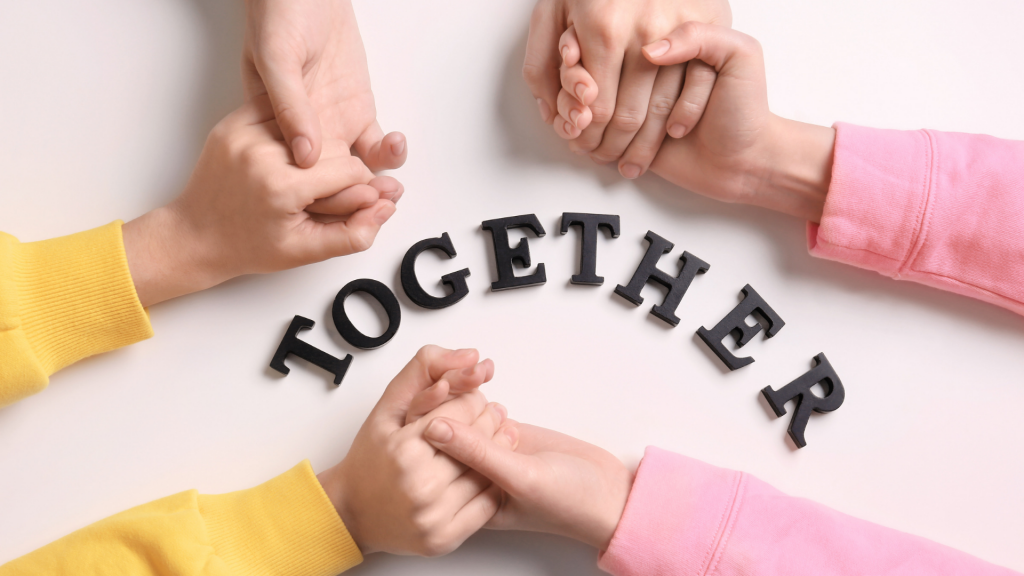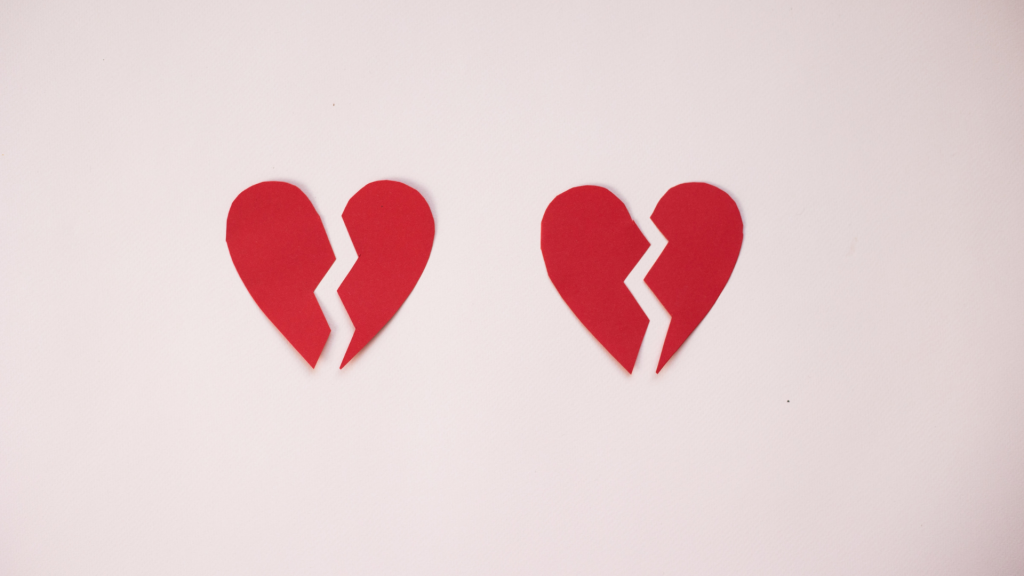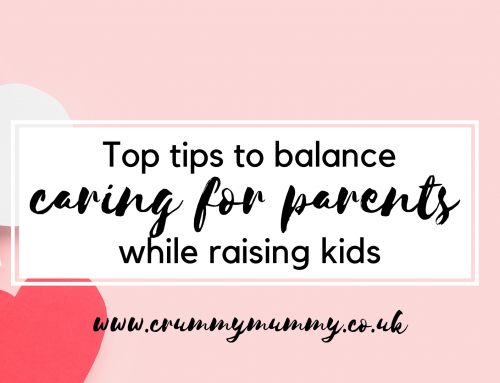Helping children cope with a traumatic event like a sudden death, accident or terror attack is probably one of the most challenging things we are likely to face as parents.
Dealing with such an event can not only be shocking and painful, but it can have long-lasting effects on the whole family too.

As well as being honest in an age-appropriate way, it’s important to allow children to ask questions and to give them the opportunity to talk to you.
This post may contain affiliate links. This means if you buy something after clicking on a link, I’ll earn a few pennies to help me keep creating posts like this, at no extra cost to you!
If you’re reading this because you’re wondering how best to help a child cope with a traumatic event this collaborative post shares five simple ways.
How to help kids cope with a traumatic event
1. Stick together as a clan
Stick together as a clan and lean on each other for support to get through the challenging phase. This approach strengthens family bonding in the long run. Being together is a constant reminder that you are not alone, and sharing feelings sets a good example to young children into adulthood. Be vocal about your deepest emotions, and do not hesitate to seek help from your loved ones.

2. Get back into a routine
Getting back into a routine after a traumatic event is perhaps the best way to move on. Routines breed a sense of normality, security, and comfort, specifically for young children. Rework your daily routine, such as getting ready for work and school, having dinner together, and reading bedtime stories. Don’t feel guilty about planning weekend outings and holidays because life must go back to a new normal eventually.
3. Seek compensation if necessary
Although there isn’t a price tag to make up for the fallout of a traumatic event, compensation can give you peace of mind. For example, families of 9/11 victims can file a lawsuit to claim compensation for losing loved ones in the disastrous event. They can look for expert 9/11 victims legal representation to establish their loss and get the compensation they deserve. This also applies to victims sustaining terminal illnesses as a result of the attack. This compensation enables victims to provide the best possible treatment and acknowledges loss in the event of their death.

4. Seek professional help
Traumatic events like a sudden death, accident or terror attack can affect your relationship with your family. Ignoring or blaming them is the last thing you should do because it can only worsen the pain and affect family life in the long run. Seeking professional help from a family counsellor is often the best solution to overcome stress and deal with grief wisely. For example, a therapist can explain that you couldn’t have done anything to change things, so you should steer clear of self-blame.
5. Pay attention to your health
It’s easy to skip meals, stop exercising, and lose sleep when something traumatic happens. Missing regular doctor visits and checkups are also common after traumatic events. But it’s important to focus on your physical, mental, and emotional health to get back on track. Start with small goals such as going for a short walk every evening and staying regular with your meal times daily. Commit to a sleep routine that ensures at least eight hours in bed. Also, embracing positive habits such as meditation, journaling, and reading motivational books can help.

This is a collaborative post.

























Leave A Comment